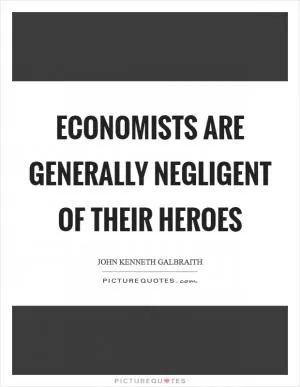People who are in a fortunate position always attribute virtue to what makes them so happy

People who are in a fortunate position always attribute virtue to what makes them so happy
John Kenneth Galbraith, a renowned economist and public intellectual, was known for his critical analysis of the relationship between wealth and virtue. In his work, he often highlighted the tendency of people in fortunate positions to attribute their success and happiness to their own virtues, rather than acknowledging the role of external factors such as luck or privilege.Galbraith argued that those who are wealthy or successful often believe that their achievements are a result of their own hard work, intelligence, and moral character. This belief, he contended, leads them to view themselves as inherently virtuous and deserving of their good fortune. In reality, however, Galbraith believed that many factors beyond an individual's control contribute to their success, including social and economic structures, historical circumstances, and sheer luck.
One of Galbraith's most famous works, "The Affluent Society," delves into the idea that the wealthy and powerful in society often use their influence to perpetuate the myth of their own virtue and merit. He argued that this self-serving narrative serves to justify and maintain their privileged position, while simultaneously obscuring the systemic inequalities and injustices that underpin their success.
Galbraith's critique of the tendency to attribute virtue to one's own success is particularly relevant in today's society, where income inequality and social mobility are major issues. As wealth becomes increasingly concentrated in the hands of a few, the belief in meritocracy and the myth of self-made success are perpetuated, further entrenching existing disparities.












 Friendship Quotes
Friendship Quotes Love Quotes
Love Quotes Life Quotes
Life Quotes Funny Quotes
Funny Quotes Motivational Quotes
Motivational Quotes Inspirational Quotes
Inspirational Quotes